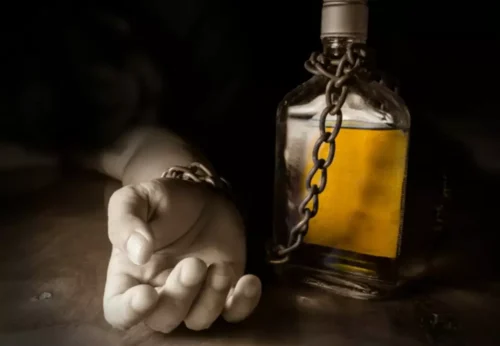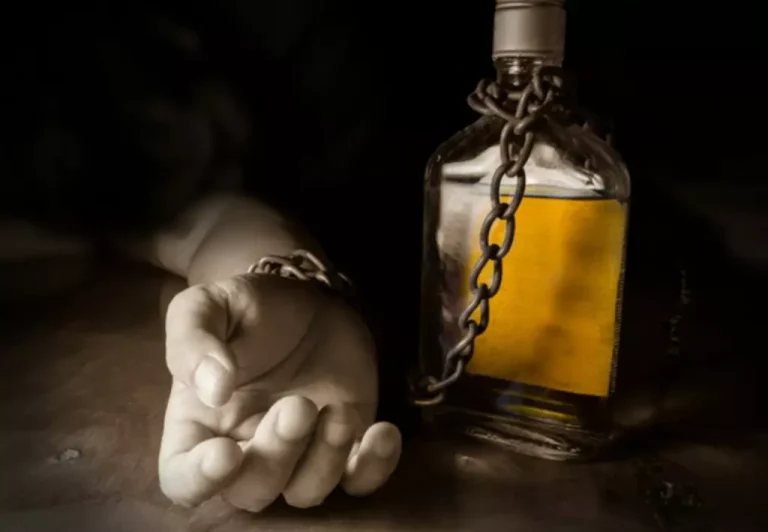
Remember, the path to long-term recovery is a personal journey, and finding the right approach for your unique situation is essential for success. Resources such as Lantana Recovery can offer professional help with alcohol use disorder, the urge to drink, or anything related to alcoholism treatment. By utilizing these resources and maintaining a strong support network, individuals can confidently navigate the challenges of recovery and enjoy a fulfilling, sober life. Embarking on the journey to sobriety is an incredible accomplishment, but maintaining long-term recovery can be challenging.

Discover how to stop binge drinking with effective steps. Acknowledge, set goals, and seek support for a healthier you!
People who experience withdrawal symptoms when they stop drinking should seek medical assistance to help them quit. For these individuals, suddenly stopping could be dangerous. If people go back to drinking heavy amounts of alcohol after the month of https://ecosoberhouse.com/ abstinence, these health benefits will probably go away. But some people may find that they like how they feel when they have stopped or reduced drinking and decide to continue to drink less going forward.
Substance Use Treatment
- Setbacks don’t erase progress, though, and they don’t mean you’ve “failed” to stay sober.
- Every day at 5 o’clock the drinks come out (sometimes at lunch too), and it continues through the evening.
- Take a person who’s pleasing to the eye, intelligent, put together, and when sober, brazenly competent, and confident—but after a few whisky sours, that person turns into a paranoid mess of self-doubt.
Setting boundaries not only helps you protect your sobriety but also ensures that your friends are aware of your needs and can support you in your journey. It may take some work to maintain friendships while sober, but it doesn’t mean it can’t be done. There are ways to maintain these friendships that don’t just mean drinking. A lot of drinking takes place at happy hours and during the nighttime hours, so switching to daylight activities can help make it easier to avoid drinking. If they are being sober around drinkers true friends, they should understand what you’re facing and honesty is a great way to help a friendship go forward.

Is It Okay to Drink Around Your Newly Sober Friends?
When embracing sobriety, one of the challenges you may face is handling peer pressure in social situations where others are drinking. It’s important to develop strategies to navigate these situations and stay true to your commitment to sobriety. Two key aspects to consider are dealing with temptations and using assertive communication techniques. Additionally, it’s important to be mindful of the social situations you choose to engage in. While it may be tempting to avoid all gatherings involving alcohol, it’s not always necessary. With time and personal growth, you may find it easier to navigate social events where alcohol is present.
Strategies for Handling Inquiries About Non-Drinking
This guide includes the steps required to fully support the path and the journey to addiction recovery. You may again seek out the people and situations that support your alcohol use. Some people who move from a controlled and protective setting find themselves awash in the environmental cues that lead to their drinking. Warren is a Licensed Master Social Worker, who specializes in substance abuse and mental health treatment.
Coping with Cravings and Triggers
Getting support doesn’t have to mean going to rehab, although that is an option. Support can also look like joining in-person and online support groups. One 2020 study found potential benefits of combining in-person and online support methods. Relapse (using substances again after stopping) can and does happen, with 85% of people experiencing relapse at least once and half of them doing so within the first two weeks of sobriety. To begin, it can take several hours to sober up from alcohol. Then, the first few weeks of sobriety are when relapse risk is highest.
Seek support and connect with like-minded individuals who share your interest in alcohol-free socializing. Look for local groups or online communities that promote sober social activities or host alcohol-free events. Surrounding yourself with a supportive community can provide encouragement, inspiration, and a sense of belonging.
After a couple of cocktails, drunks get real.
- After dinner is over (usually quite late) and everyone is settling in for some more chatting or a game or whatever, I would announce ‘Night everyone I’m off to bed!
- The good news is that your brain can adjust and restore balance to your internal world.
- This means that the brain and body have become so accustomed to having the substance present that without it, they can’t function properly.
- This isn’t just for their understanding; it’s also a crucial part of addiction recovery.
- Centers for Disease Control and Prevention, as four or more drinks on one occasion for women and five or more drinks on one occasion for men.
By implementing these strategies and utilizing assertive communication techniques, you can navigate social situations where others are drinking while maintaining your sobriety. Remember, it’s important to prioritize your well-being and surround yourself with understanding friends who support your decision. If you find yourself feeling overwhelmed in social situations where alcohol is present, it may be beneficial to seek immediate assistance from healthcare providers specializing in addiction recovery.

Finding Sobriety Among Friends Who Drink Is Possible

Well, there’s a concept in psychology known as “confirmation bias,” and it means that we often look for evidence to support something that we already believe to be true. Personally, I always thought drunk people were fun, and I didn’t want my own poop relationship with alcohol to stand out. I wanted to blend in nicely with a crowd who understood that sometimes you just want to drink your face off, or one that didn’t think anything was weird about a glass of noon wine. It’s been over six years since I first started seriously questioning my relationship with alcohol and considered a life without it.
Dealing with Social Pressure
- Milestones in sobriety (e.g., 24 hours, a month, three months) are celebrated to recognize the incredible hard work that’s been accomplished through staying sober for a certain length of time.
- Embrace the opportunity to connect with friends on a deeper level and enjoy the benefits of sober socializing.
- Choosing non-alcoholic alternatives can help individuals in recovery avoid the temptation of alcohol while still enjoying social occasions.
- The more tools you have for identifying triggers, coping with stress, and managing your new sober life, the easier you’ll prevent relapse.
Communicating your expectations, having a plan to cope with temptation, and building a supportive network are essential steps toward maintaining your commitment to a sober lifestyle. Remember, you have the power to create a fulfilling social life while staying true to your sobriety journey. When embracing sobriety, it’s essential to navigate social situations with understanding and confidence. Interacting with friends who drink can present unique challenges, but with the right approach, it’s possible to maintain healthy relationships and still enjoy time together. Understanding different scenarios that may arise and setting clear boundaries and effective communication can help make socializing while sober a positive experience. Another challenge of socializing sober is the impact it can have on friendships.